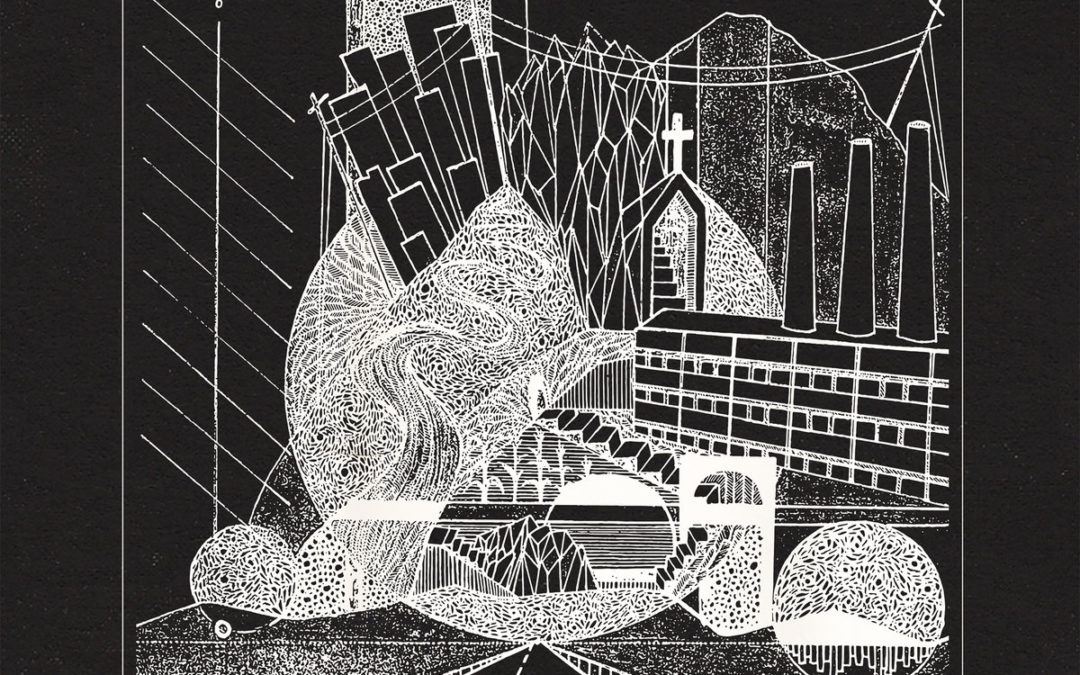Deep, clear and rustic, Peter Oren’s voice mimics wisdom and commands respect. That voice, with all of its raw and rumbling power, is the focal point of his latest record, Anthropocene. He is a fledgling artist who seems to hold a lifetime of experience as both a songwriter and a man. Fiercely, he wields his voice as a tool to ensure that people listen to what he has to say. Whether you agree with his ideas or not, it’s easy to enjoy the resonating baritone that occupies nearly every square inch of his second LP.
Anthropocene is clearly much more than a collection of pleasing songs from the young Indiana native. It’s a manifesto of Oren’s personal philosophies, a political statement, and a call to action all in one. In the album’s titular track, Oren paints a bleak picture of the modern world, asking, “How can we escape this hell we made?” He goes on with a series of couplets of the same theme, such as, “Change ain’t coming from above/No sooner hold office than a Molotov” or “The soil is cleaner than the money/We need bees for more than their honey.” In the proceeding track, “Falling Water,” Oren goes on to criticize the eponym of his hometown of Columbus, Indiana with lines like, “But it sure does feel strange/Coming from a place so named after a killer and a misnomer.” It’s safe to say that Oren does not want to be associated with certain American values, characterizing himself as the product of a confused and tumultuous time.
Halfway through the ten-song, thirty-two minute LP, Oren completely shifts the album’s tone from dejected to hopeful. “New Gardens” is the highlight of the record, praising the benefits of communal labor and analogizing the restoration of our earth’s order to the rebuilding of a home. “Save the fences for the rabbits/If you need a tool you can have it/There will be room for everyone/We all need a home.” Peter Oren is not pleased with the current state of affairs, but he knows it can change if there is a collective effort put forth in a constructive way.
Leonard Cohen was well into in his forties when he wrote some of the most powerful lyric-driven folk music of the twentieth century. Peter Oren is in his twenties, yet he seems well on his way to match the feats of such songwriters as Cohen, brandishing a much more pleasing voice that is somewhere between George Ezra and Johnny Cash. He closes the album with the promise of more to come, as he surely has much more on his mind to put into song. Who’s to say he can’t follow in the footsteps of the great poetic musicians that he so closely emulates?














